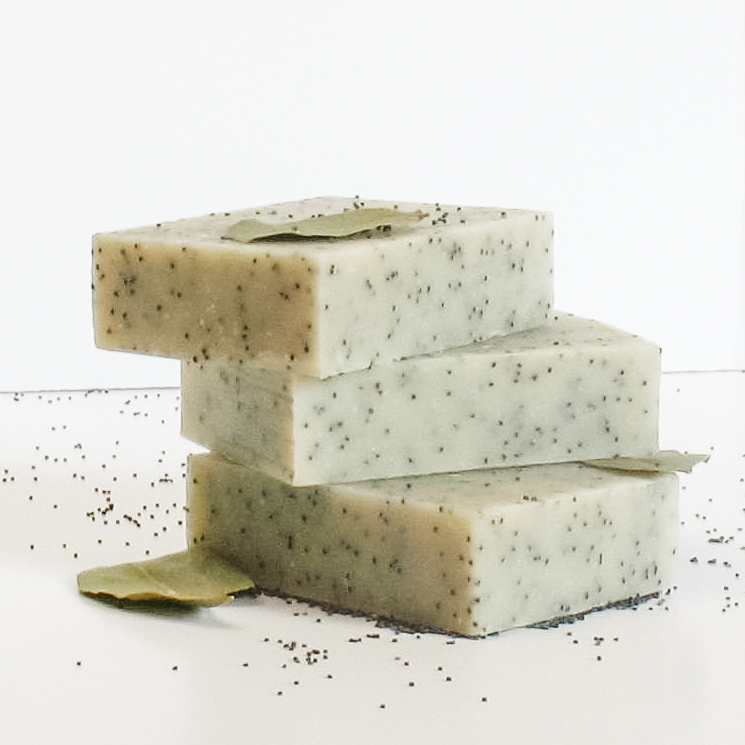NOTE: This article was originally written in 2009 and was updated May 2023. A lot has changed since then, but the basic message hasn’t. Antibacterial soaps were bad for you back then and they are still bad for you today!!
Antibacterial soap may sound like a really good thing but actually it is really bad for your body. I mean, nobody wants bacteria staying on your skin, right? Right! The issue is with antibacterial soap, the cure is worse than the problem.
Reasons Not to Use Antibacterial Soap!
- The American Medical Association has opposed the use of antibacterial soaps since 2002.
- Triclosan, one of the main chemicals in antibacterial soap has been turning up in fish, breast milk and waste water. There have been a number of studies that indicate potential health risks to animals, ergo humans? as well as the environment. Update: The FDA banned Triclosan in 2017. The FDA issued a final rule stating that over-the-counter consumer antiseptic wash products (including hand soaps formulated as liquids, foams, and gels; bar soaps; and body washes) containing certain active ingredients (including triclosan) will no longer be permitted to be marketed. However, you can still find Triclosan in Fluoride toothpaste, Mouthwashes, Facial cleansers, Aftershave, Deodorants and body sprays, Lotions and creams, Cosmetics, Detergents and dishwashing liquids. Triclosan is an endocrine disruptor which means that it can have a negative effect on your body’s hormones.
- The more chemicals we put onto and into ourselves and our world the more potential for negative reactions.
- As more chemicals are used, bacterial strains become resistant to them and so we have fewer resources to turn to when actually needed.
- These chemicals are not needed as according to a Food and Drug Administration panel antibacterial soaps are no more effective than regular soap and water.
How Should You Wash Instead?
The FDA, the CDC and AMA recommend washing with soap and warm water for at least 20 seconds to adequately clean your hands and remove harmful bacteria, germs and chemicals from your hands. If you don’t have access to soap and water the CDC also recommends a hand sanitizer that is at least 60% alcohol. However, this is not as effective at cleaning or ridding your skin of potentially harmful germs or chemicals as soap and water.
Steps to Take Going Forward
- Wash your hands and body with plain soap and water, hopefully a natural soap. Think about signing up for our Soap Subscription Box and then you know you will always have natural bars of soap on hand.
- For out on the go, use a hand sanitizer that meets CDC recommended guidelines with at least 60% alcohol.
- Read the ingredient labels of other personal care products to make sure you are not somehow still using either Triclosan or something equally harmful to you.
- Whenever possible choose natural products to use on your skin and in your home.
Stay in the Loop!
Sources:


Hello there! I could have sworn I’ve been to this website before but after browsing through some of the post I realized it’s new to me.
Anyhow, I’m definitely glad I found it and I’ll be book-marking and checking back often!
I’m so happy to hear about antibacterial liquid soap,it’s truly natural.
I love this,let’s go natural.
Hi! Happy to see a soap maker that actually makes a honest product! When I started making soap, I was amazed at the other soap makers that lied about the natural-ness of their products. I quit, but a friend of mine makes soap and she tells everyone it is natural, and I tell her it is not, there are fragrances, and she says, yes, but only a little amount. I say that’s like telling someone that is allergic to peanuts that an item is peanut-free because you think a little amount doesn’t matter.
Good to mention the cancer survivor, everyone needs to know to avoid carcinogenics and stories like these help inform.
I couldn’t agree more. In fact the whole issue about saying your soap is natural but using synthetic fragrance is one of my particular pet peeves! Thanks for backing me up.